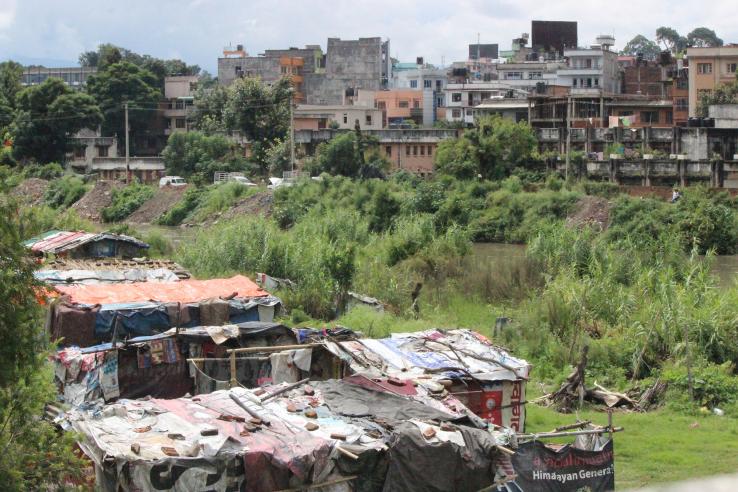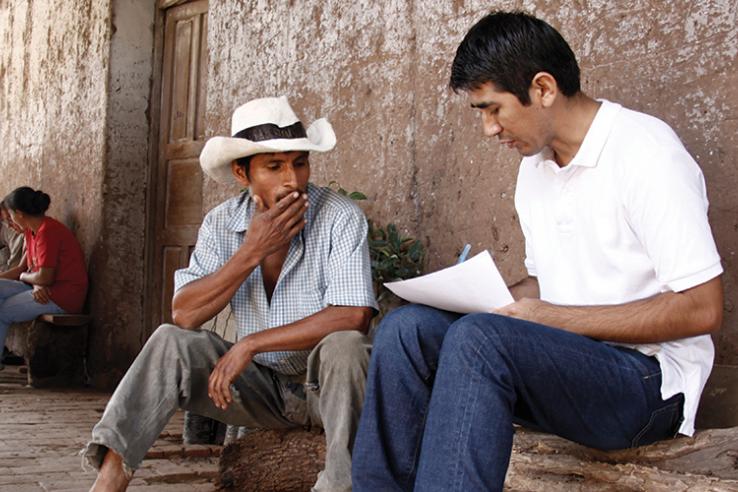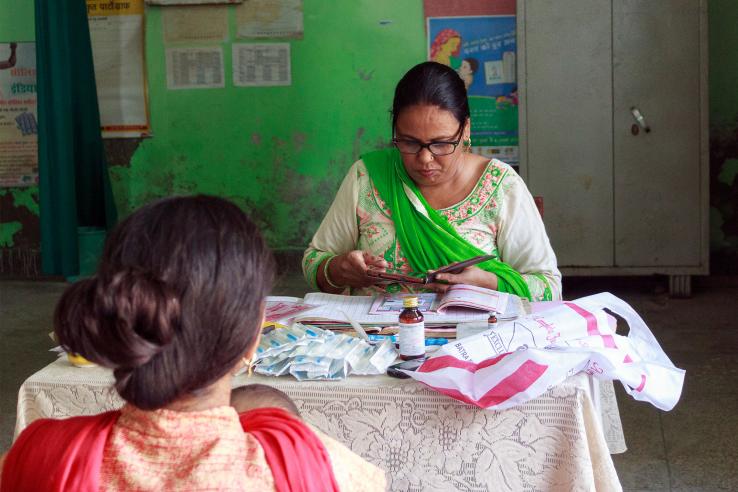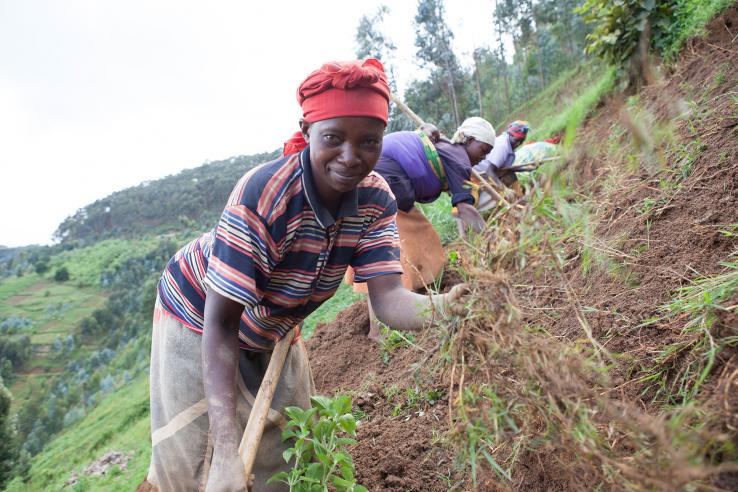Displaying 2656 - 2670 of 8318
Update
J-PAL Updates
The UK Department for International Development (DFID) jointly awarded J-PAL and Innovations for Poverty Action (IPA) a US$16 million grant to generate new research on effective policies to promote peace and good governance, reduce crime, and support communities recovering from conflict, including a...
Update
J-PAL Updates
Announcing J-PAL's recruitment drive, a new grant for governance, crime, and conflict research, and more in this month's newsletter.
Update
J-PAL Updates
In the first newsletter of 2018, J-PAL South Asia looks back on ten years of research and policy as the organization at large looks forward to a new executive director and affiliated professors.
Update
J-PAL Updates
How does J-PAL support governments in using evidence to drive innovation and increase effectiveness? Find out how and read more stories in our newsletter.
Update
J-PAL Updates
In the March 2018 newsletter, J-PAL announces the new Gender sector, shares videos from classrooms implementing an evidence-backed pedagogical approach in Zambia, and more.
Update
J-PAL Updates
J-PAL North America’s new policy Briefcase summarizes evidence from randomized evaluations of summer youth employment programs in the United States, J-PAL welcomes four new affiliates, and more in...
Update
J-PAL Updates
J-PAL announces new library of Policy Insights, a partnership to expand access to higher education for refugees, and more
Person
Lawrence F. Katz is the Elisabeth Allison Professor of Economics at Harvard University and a Research Associate of the National Bureau of Economic Research. His research focuses on issues in labor economics and the economics of social problems.
Person
Person
Person
Engy Saleh is a Research Manager at J-PAL MENA managing a project addressing irregular migration in Egypt. She also works on labor market, governance and gender- related research.
Person
Person
Tatiana holds a technical degree in Human Resources and works as a Administrative Associate, providing support in Administration and Finance to ensure a good development in the projects that J-PAL implements.
Person
Francisco Gallego is a Full Professor at the Economics Institute of the Pontificia Universidad Católica de Chile (PUC) and Co-Scientific Director of J-PAL Latin America & the Caribbean (LAC). His areas of interest are development economics, political economy, and the economics of education. He has...





